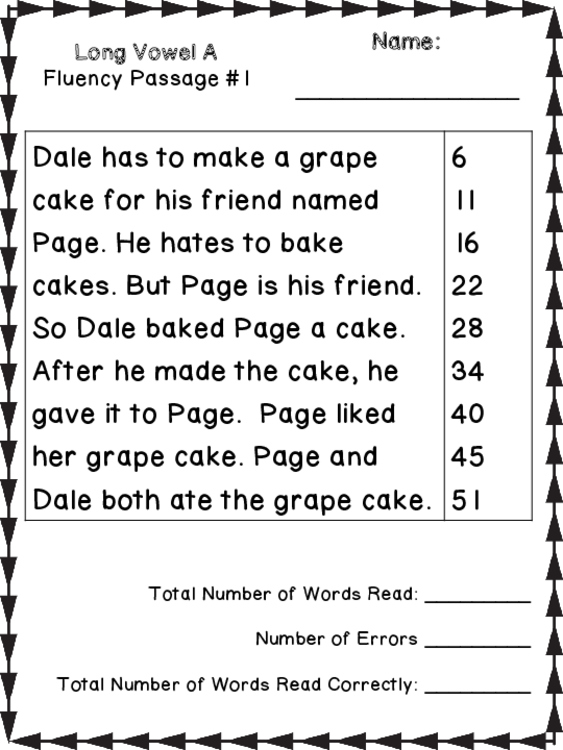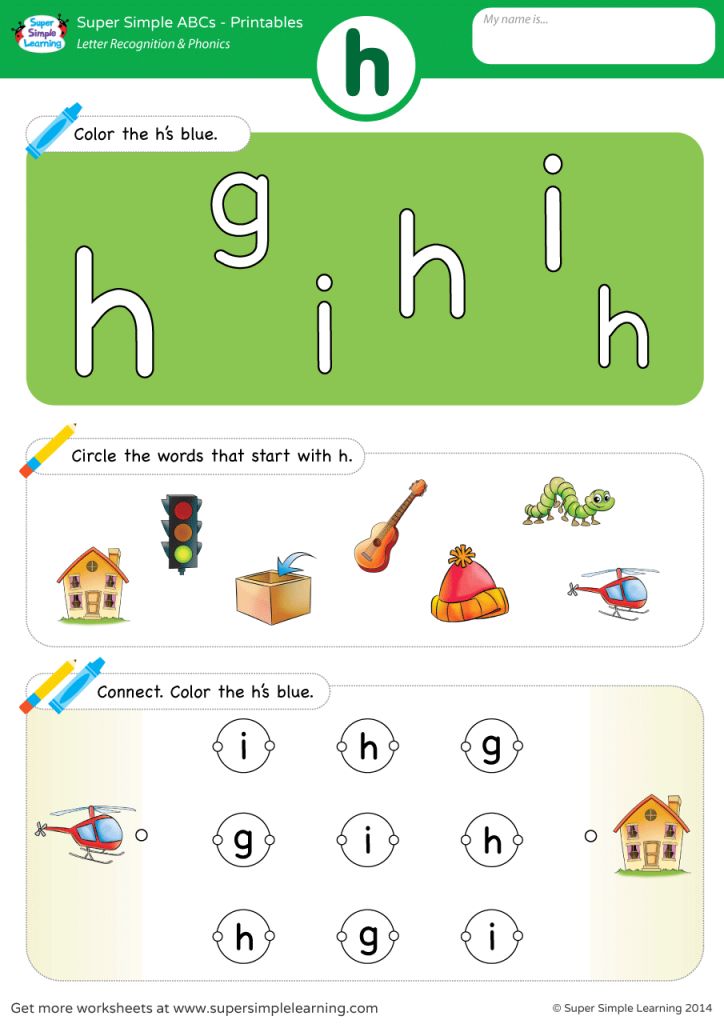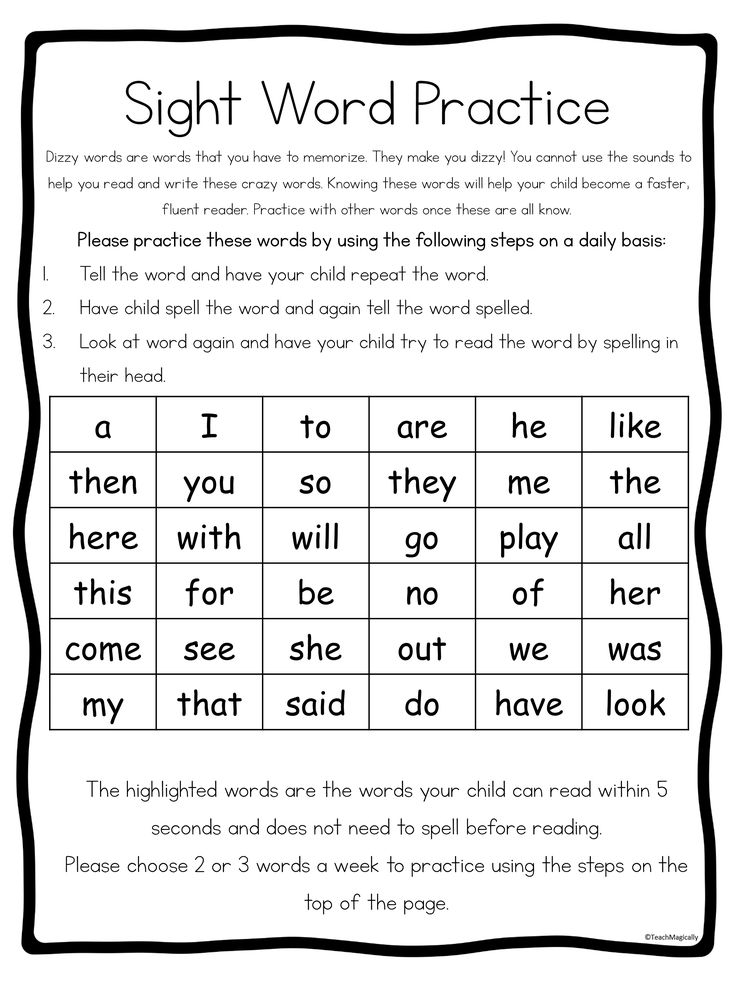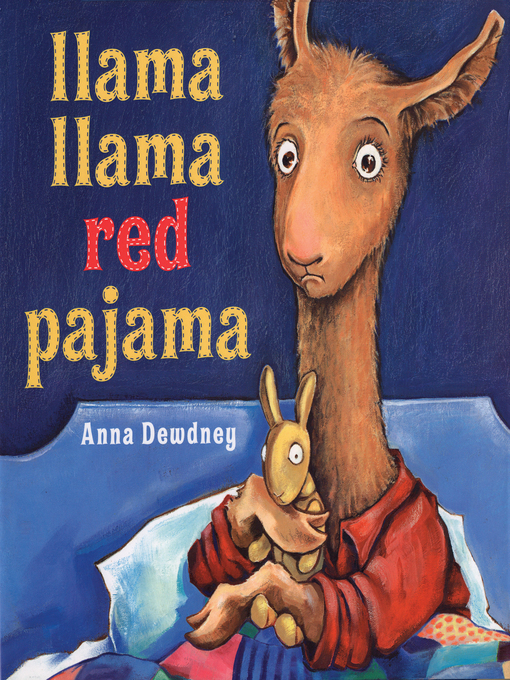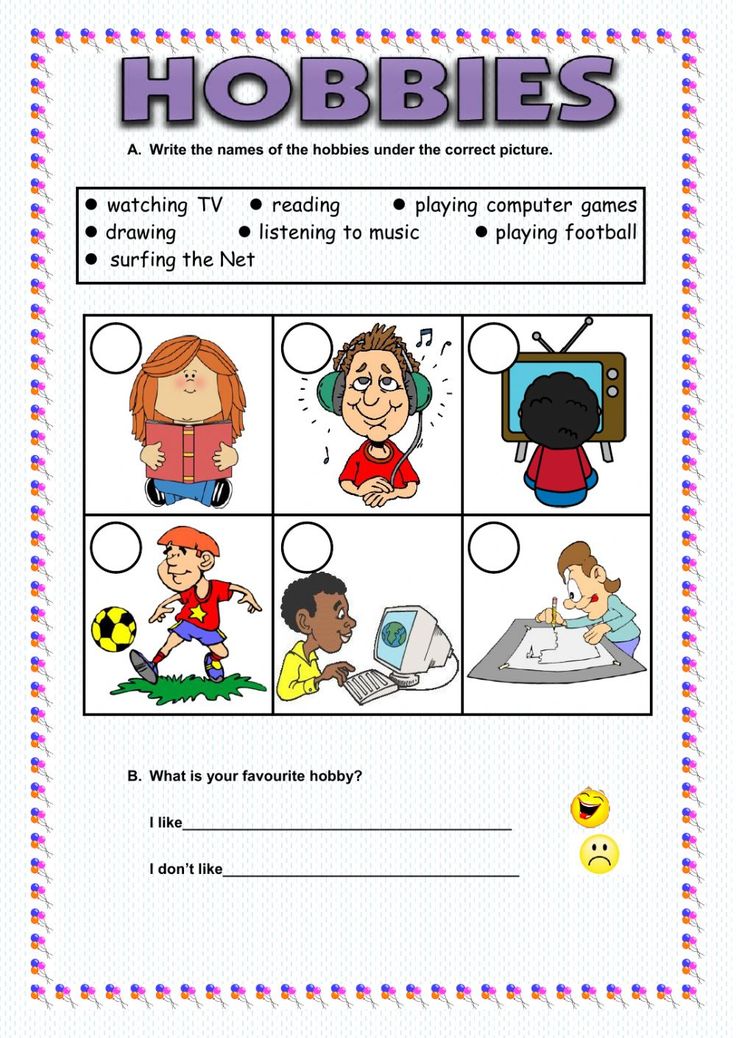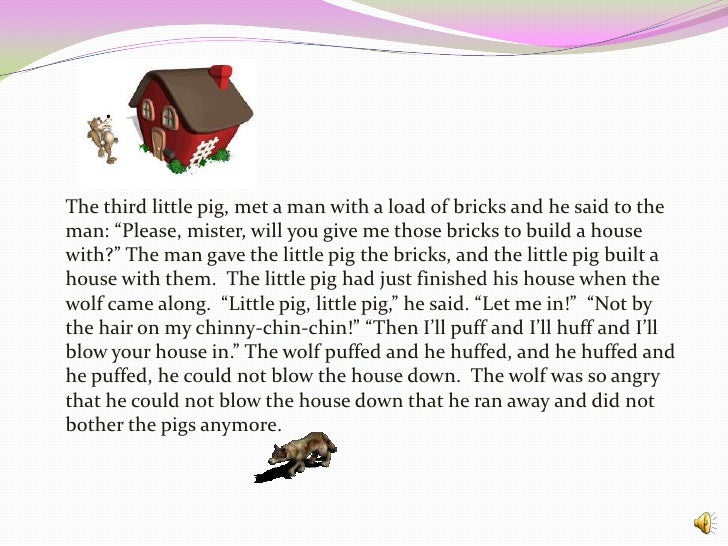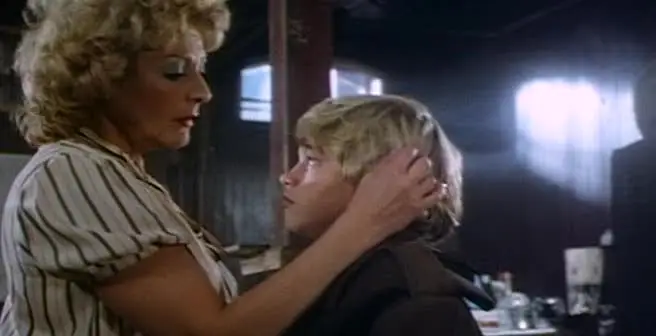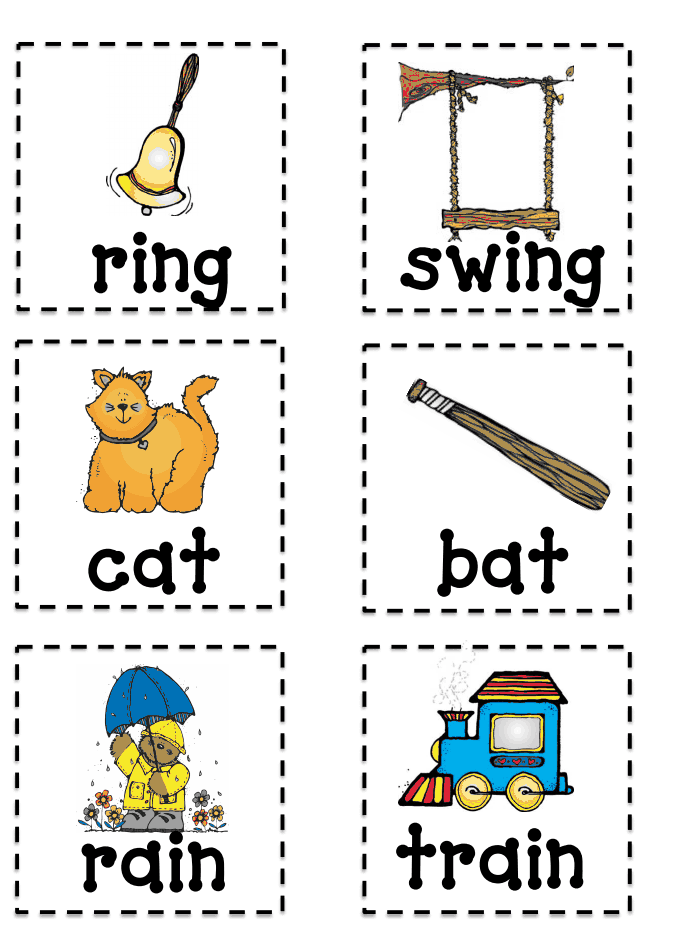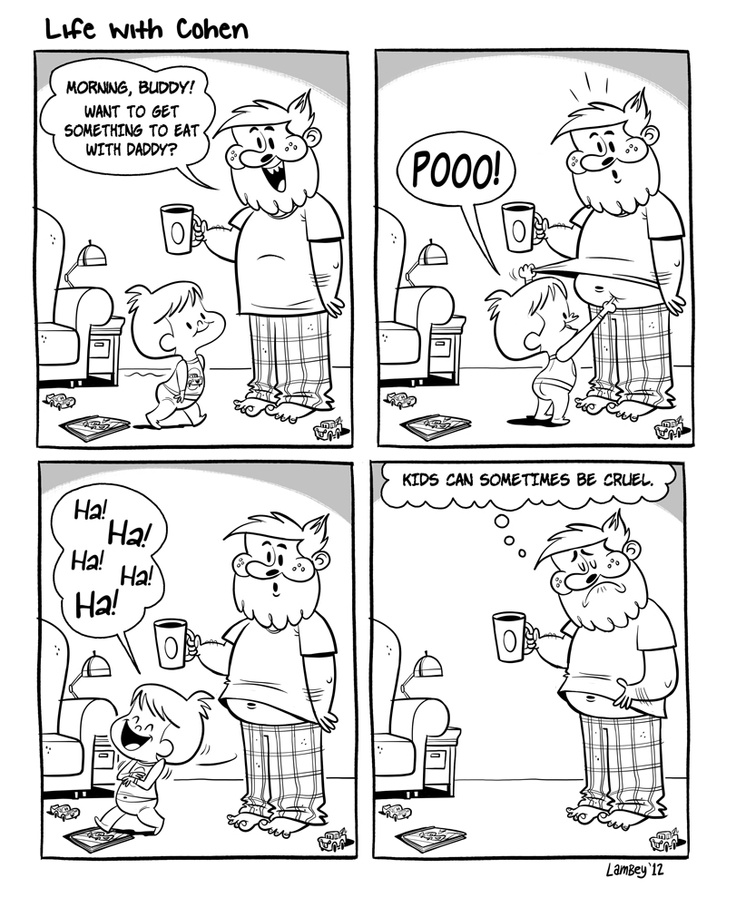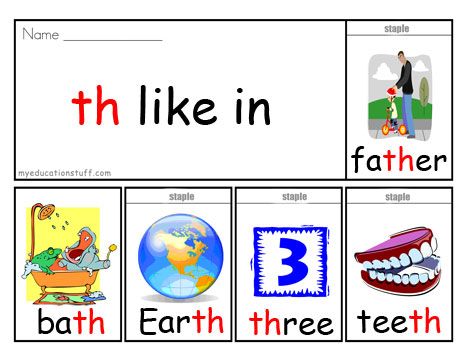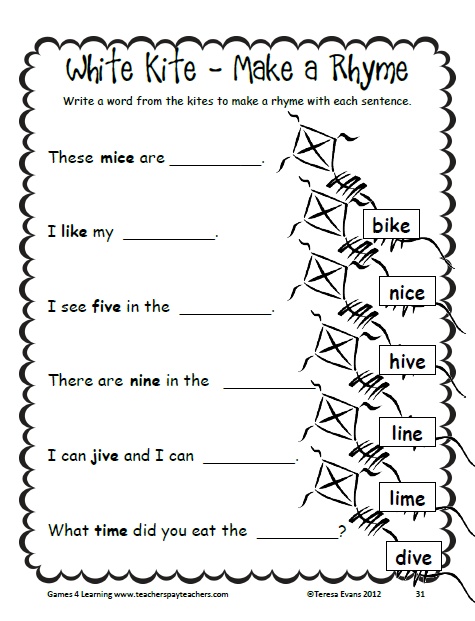Easy fun learn
Learn Languages Fast & for Free
English (British)
German
French
Spanish
Arabic
Italian
Russian
Korean
Chinese (Simplified)
Chinese (Traditional)
Turkish
Japanese
Dutch
Swedish
Polish
Czech
Portuguese (Portugal)
Norwegian (Bokmål)
Hebrew
Catalan
Greek
Finnish
Slovak
Romanian
Portuguese (Brazil)
Thai
Hungarian
Hindi
Indonesian
Bulgarian
Croatian
Danish
Ukrainian
English (American)
“FunEasyLearn, a platform that makes learning foreign languages an entertaining and engaging experience. ”
“From its design to its content and the simple features, FunEasyLearn has been an absolute pleasure to use.”
“FunEasyLearn app is, hands-down, the most advanced app on the market.”
The easiest way to learn a language from your mobile
Free
Learn every day, track your progress, pass all the difficulty levels, collect flowers for each correct answer and subscribe for free.
Fun games
Play the widest variety of learning games and improve your listening, reading, writing, and speaking skills.
Offline
Learn any language anytime and anywhere. Enrich your vocabulary on the move and develop your own learning plan.
Human pronunciations
Improve your pronunciation by learning letters, reading rules, words and phrases.
Hand-drawn illustrations
Associate the meaning of each word and phrase with a wide range of beautiful illustrations that are easy to remember.
Review manager
Use our smart review system to revise what you’ve learned and make sure it is stored in your long-term memory.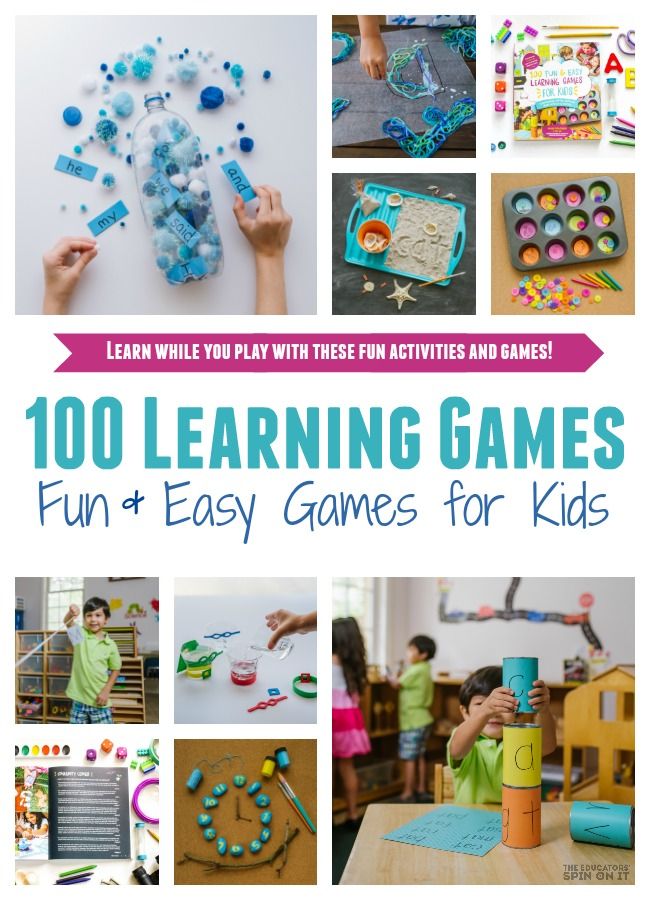
Learn faster from your mother tongue
Learn faster from your mother tongue
When it comes to language variety, FunEasyLearn is the obvious choice. We provide 62 mother tongues to help you learn any language quickly and easily. Download the FunEasyLearn app and see how we make language learning fast and education accessible anywhere in the world.
See courses
Anyone can learn a language with FunEasyLearn
Listen, read, write and speak like a pro
World’s biggest language courses by FunEasyLearn
Alphabet
Learn letters and sounds in alphabetical order and practice them systematically to be able to identify, recognize and pronounce them correctly.
All reading rules
Learn how to read easily any word in a foreign language. Practice all the rules with a wide number of examples and improve your pronunciation right-away.
6,000 words
Enrich your vocabulary with the most commonly used words.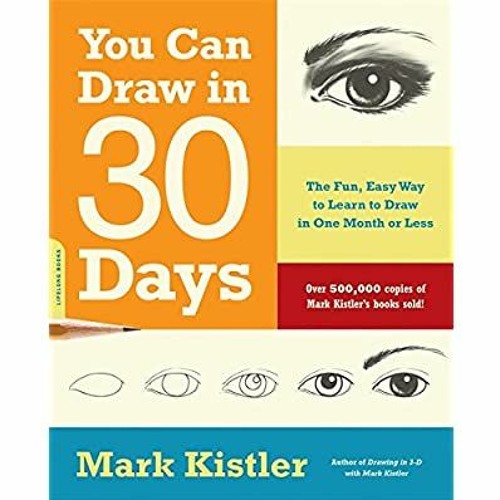 Get additional information about each word - part of speech, gender, number, synonyms, etc.
Get additional information about each word - part of speech, gender, number, synonyms, etc.
5,000 phrases
Speak freely anywhere you go. Cover all the situations that might arise when travelling.
350 topics & subtopics
Learn the relevant vocabulary for daily conversations. Practice what interests you the most and choose what you want to study first.
People like you love FunEasyLearn
4.7/5
1,000,000+ reviews
App Store & Google Play
Lena Müller
“I’m really impressed with the work you have done. I’m multilingual and I use the app in 3 languages: Polish, Arabic and Norwegian, to stimulate the interest for language learning, of my also multilingual children 😊”
Carlos Sala Ballester
FunEasyLearn is the best app to learn languages. It's free, fun and has a game-based language learning approach. Download and start playing now!
Alexander Mossala
“Explanatory, accessible, understandable and easy to remember.If you are not lazy, then it is the best option for learning languages /IMHO/”
Jorge Casas
“Very good, super fun and very educational. I love this little bee, I love FunEasyLearn.”
Toby Raynsford
“These apps are really excellent! A lot of my friends now use them too, so I just wanted to let you know how valuable they are!”
Nicole Buot
“Amazing teaching method for learning languages. It teaches you how to spell correctly, and listen to various useful and relevant phrases... Love it 😍”
Read more reviews
Latest Awards
11,000
illustrations
300,000
human pronunciations
34
language courses
62
mother tongues
Free Language Courses - FunEasyLearn
Free Language Courses - FunEasyLearnArabic
Bulgarian
Catalan
Chinese (Simplified)
Chinese (Traditional)
Croatian
Czech
Danish
Dutch
English (British)
English (American)
Finnish
French
German
Greek
Hebrew
Hindi
Hungarian
Indonesian
Italian
Japanese
Korean
Norwegian (Bokmål)
Polish
Portuguese (Portugal)
Portuguese (Brazil)
Romanian
Russian
Slovak
Spanish
Swedish
Thai
Turkish
Ukrainian
Learning languages is easier from your mother tongue
Afrikaans
Albanian
Amharic
Arabic
Azerbaijani
Belarusian
Bengali
Bosnian (Cyrillic)
Bosnian (Latin)
Bulgarian
Catalan
Chinese (Simplified)
Chinese (Traditional)
Croatian
Czech
Danish
Dutch
English (American)
English (British)
Estonian
Farsi
Finnish
French
Gaelic
Georgian
German
Greek
Hebrew
Hindi
Hungarian
Icelandic
Igbo
Indonesian
Italian
Japanese
Kazakh
Korean
Latvian
Lithuanian
Macedonian
Malay
Mongolian
Nepali
Norwegian (Bokmål)
Polish
Portuguese (Brazil)
Portuguese (Portugal)
Romanian
Russian
Serbian (Cyrillic)
Serbian (Latin)
Slovak
Slovenian
Spanish
Swahili
Swedish
Tagalog
Thai
Turkish
Ukrainian
Urdu
Vietnamese
By continuing to use this site you consent to the use of cookies in accordance with our cookie policy.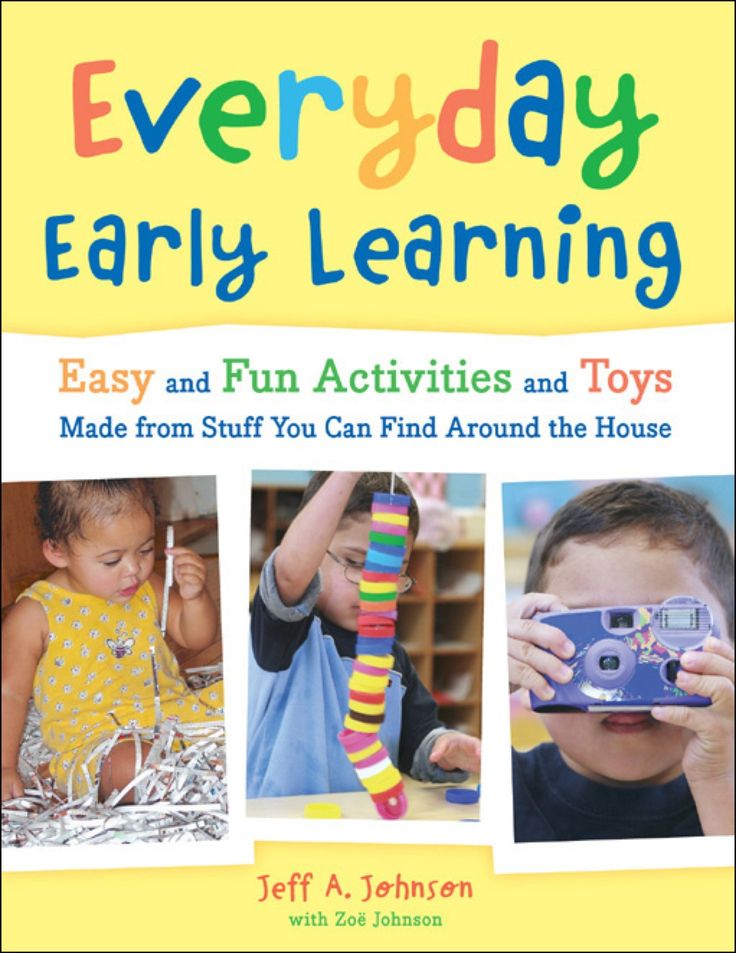 Find out more
Find out more
Learning should be fun, then it's easy to learn!
Methodical development
Additional
Education
MAOU DOD CDOD MEC
Zrilova T.M.
Methodological assistance to parents in preparing their child for school.
Learning should be fun, then learning is easy!
The process of learning to read is the most interesting, but difficult and responsible. If children do not read correctly, fluently, expressively, they will not be able to master literate writing, they will not learn to solve problems. To teach children to read means to prepare them for independent work with the text, to instill a love of reading.
Therefore, mastering reading skills is both a means and one of the conditions for the overall development of children.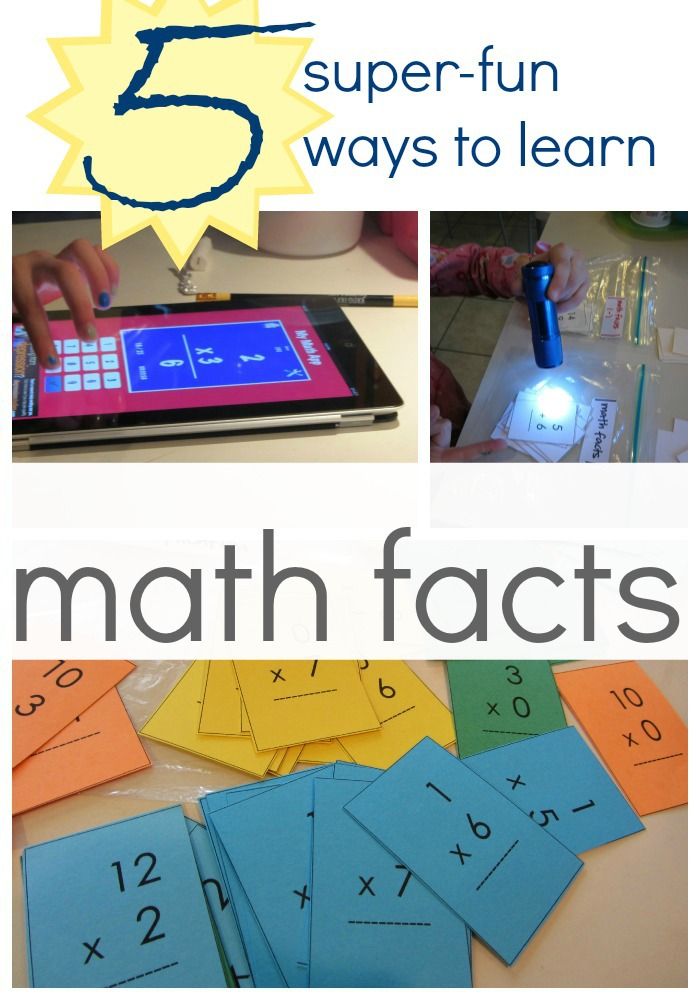 The process of reading is very complex, since thinking, speech, perception, memory, imagination, auditory and sound analyzers are involved in it.
The process of reading is very complex, since thinking, speech, perception, memory, imagination, auditory and sound analyzers are involved in it.
Natural question: when to teach a child to read?
Among parents today, discussions about the benefits or harms of early teaching children to read are very frequent.
A child who began to read at an early age certainly has an advantage over his non-reading peers.
The most favorable time for learning to read is the preschool period, when the child's brain grows most intensively. N. Varentsova believes that the most favorable time for learning to read is the age of 4-5 years. Psychologists believe that it is easier for a child to learn to read at the age of 4-5 than at 7-8. They explain this by the fact that a five-year-old child has already mastered speech well, but he is still interested in words and sounds. He willingly experiments with them, easily remembers whole words, and then begins to distinguish letters in them. It only remains for an adult to give his interest the direction necessary for mastering reading.
It only remains for an adult to give his interest the direction necessary for mastering reading.
In the theory and practice of preschool education, various methods of teaching reading to preschool children have been developed.
Of particular interest, it seems to me, is the method of Academician N.A. Zaitsev, which is based on teaching children to read cubes. If there is an opportunity in acquiring them and making them together with the child, this is already a good start for developing and teaching him.
Preparation for teaching reading to preschool children should include games that promote the acquisition of reading skills. They are aimed at developing memory, attention, thinking and fine motor skills.
Parents in pursuit of glossy manuals and books undeservedly forget about "Primers" and "ABCs".
When compiling the "New ABC", Leo Tolstoy intuitively took into account the psychophysiological characteristics of children. The "reading field" of a novice reader is 4 - 5 letters.![]()
The ABC of Leo Tolstoy contains a lot of interesting and still unexplored. Many verbs in fairy tales are repeated even in cases where they can be replaced by a synonym. Fairy tales are very simple, but this is for us adults.
Since the time of Leo Tolstoy, little has changed in the classical method of teaching reading. She has stood the test of time. So they taught us and our parents, and our grandparents in schools.
If you want to teach your child to read before school, then pay attention and understanding to the advice in order to avoid the sad consequences of illiterate learning.
First tip : Start learning to read only if your oral language is sufficiently developed.
Tip #2 : Don't memorize all the letters of the alphabet with your kids at once.
Advice three : do not name consonants with an overtone of vowels, such as seh or re or er, etc.
Advice four material.
Tip five : have a set of alphabet letters at home.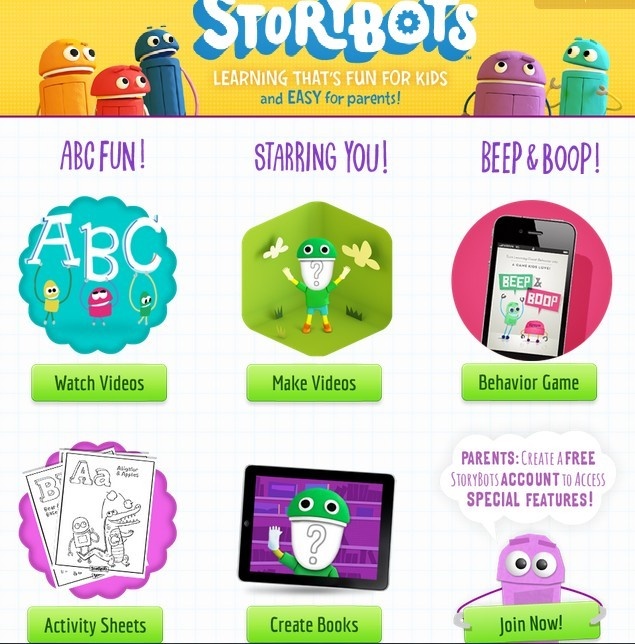
Tip six : make sure that what is read is accessible to the child.
Seventh tip : the form of education should be a game.
Games with letters, syllables and words.
A) "Tangible letters".
Letters can be made from sticks, shells, pebbles, ribbons, ropes, flowers. Make cookies from letters with your baby. Sculpt a letter from plasticine. You can draw letters with your finger on the croup.
B) “Is matches not a toy for children?”
The sticks can be used to form the letter N. Let the child move one stick to make the letter P, I, E.
C) “Who is faster?”
Lay out blocks or letter cards. Show a word, for example the word CAT and offer to collect this word.
D) Guess the letter.
Print the letter and cover with a piece of paper. Open it by slowly sliding the sheet.
E) “Who lives in a little house?”
Cut out a house with windows and shutters from cardboard. Letters in windows or syllables are opened by the child himself.
Letters in windows or syllables are opened by the child himself.
E) Letter memory.
An ordinary deck of cards is sealed with cardboard on one side. Letters on cardboard. There are two cards for each letter.
Shuffle the cards and put them on the back side. Open two cards at a time and put the same ones aside.
G) "Traces".
Trace around the child's foot and cut out the paper. From colored paper, cut out 10-15 traces with large letters.
Write vowels on red paper, consonants on blue paper.
The letters Y, Ch, Щ are best cut out of green paper, because they are always soft.
H) "Catch the sound."
Name the words. If the child hears a given sound, he will clap his hands.
I) "We work as proofreaders."
Give your child a clipping from a magazine or newspaper. Circle the letter you are learning. Find in the text, circle or cross out the letter.
You can cross out the letter O, underline the letter A, draw a house with the letter I.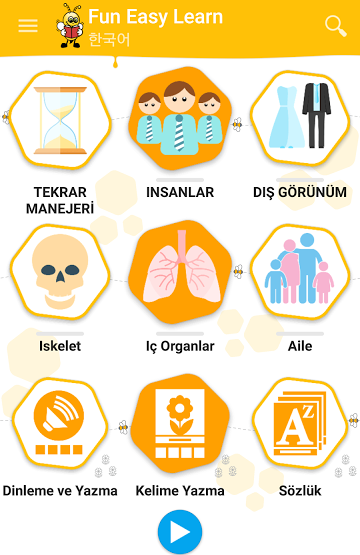
Together with the children, look at funny letters with arms and legs, and then put them into pairs and groups. The more fun your child has to learn, the sooner he will learn to read.
Krasnodar Regional Scientific and Pedagogical Conference:
“Additional education today: modern trends, innovative processes, traditions”
9000 9000 9000
Speech themes: Methodical assistance to parents in training in training in training child to school."
Zrilova Tatyana Mikhailovna
Teacher MAOU DOD CDOD MEC
Higher category
9000 9000
9000 9000 9000 Share: The fact that the education reform in Russia is de facto already in full swing, we are all somehow imperceptibly accustomed to (reconciled?). will study very easily and cheerfully and fun - teacher newspaper
 And yet, the most stubborn unbelieving Thomases continue and continue to confuse the world airwaves with their deliberately rhetorical questions: what are the goals of the reform? Will today's schoolchildren, as a result of this very reform, have a better knowledge of the Russian language, mathematics, literature, physics, etc.? Why should a change in the education financing system necessarily be accompanied by a decrease in the quality of education (which, for example, has been repeatedly stated by leading scientists in Russia)? Who exactly will be responsible (and how?) if the reform fails?
And yet, the most stubborn unbelieving Thomases continue and continue to confuse the world airwaves with their deliberately rhetorical questions: what are the goals of the reform? Will today's schoolchildren, as a result of this very reform, have a better knowledge of the Russian language, mathematics, literature, physics, etc.? Why should a change in the education financing system necessarily be accompanied by a decrease in the quality of education (which, for example, has been repeatedly stated by leading scientists in Russia)? Who exactly will be responsible (and how?) if the reform fails?
Oddly enough, there are no clear answers to all these and many other questions. We were simply unexpectedly informed at one fine moment that this, they say, was not a reform at all, but only the modernization of education. Fragmentary information from the Ministry of Education of the Russian Federation, peppy interviews and articles by reformers-modernizers are mainly devoted to answering the question HOW, but not the question WHY? This is understandable: in Russia, the process has always been and remains more important than the result. The case of education reform is no exception in this sense.
The case of education reform is no exception in this sense.
Meanwhile, in the bowels of the reformers' brains, the process seems to take on an irreversible character. This is immediately reflected, so to speak, on hard media, that is, in various kinds of documents. Here's what it might look like.
From absolutely reliable sources, we have learned some details of the so-called plan for the modernization of education (draft 2001). We must immediately make a reservation that this is a kind of working document that has not yet been officially approved; but he gives a very clear idea of the direction of the thought process of the reformers. So…
The main goals of education are declared to be "education of independence, legal culture, the ability to cooperate and communicate with others, tolerance, knowledge of economics, law, management, sociology and political science, knowledge of a foreign language."
You have noticed that no sciences are included in the “goal of education”.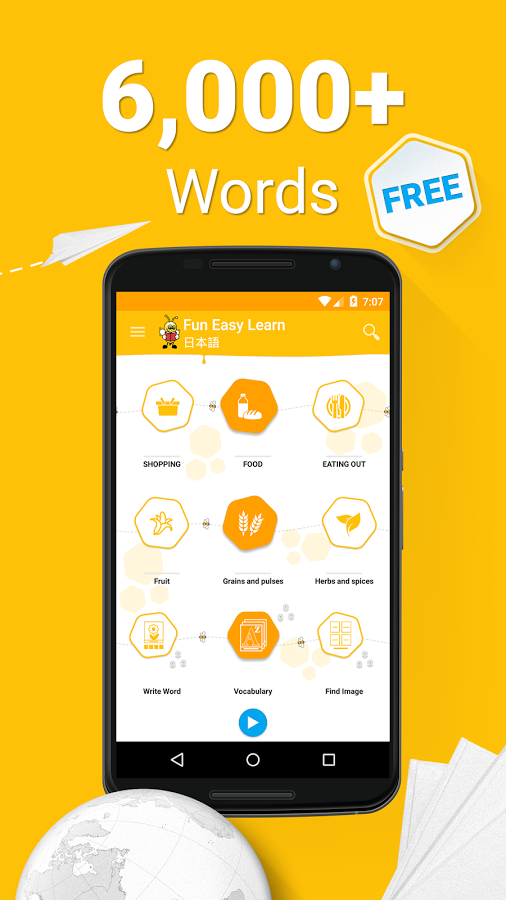 This is not surprising, because the main means for achieving these goals are declared to be “unloading the general educational core”, “rejection of the scientistic (that is, scientific. - A.V.) and subject-centric approaches”, “a significant reduction in the volume of education”.
This is not surprising, because the main means for achieving these goals are declared to be “unloading the general educational core”, “rejection of the scientistic (that is, scientific. - A.V.) and subject-centric approaches”, “a significant reduction in the volume of education”.
The assessment system should be changed, “providing for a non-grading system of education”, “assess not students, but teams”, “abandon academic subjects”, “renunciation of the exactingness of secondary school in relation to primary”, “transition to objectification of assessment procedures taking into account international experience” (apparently, we are talking about the total introduction of a test system instead of exams. - A.V.), refusal “to consider the mandatory minimum of the content of education”.
In a secondary school there should be: three hours of Russian, three hours of mathematics, three hours of a foreign language, three hours of social science, three hours of natural science.
Here is such a program that cancels the “dead end subject-oriented approach” and allows you to use the “inclusion of additional modules”, namely, “humanization and humanitarianization”, “reflection of the culture of local peoples”, “integration of ideas about the world”, “reduction of homework” , “differentiation”, “teaching communication technology and computer science”, “using general learning theories”.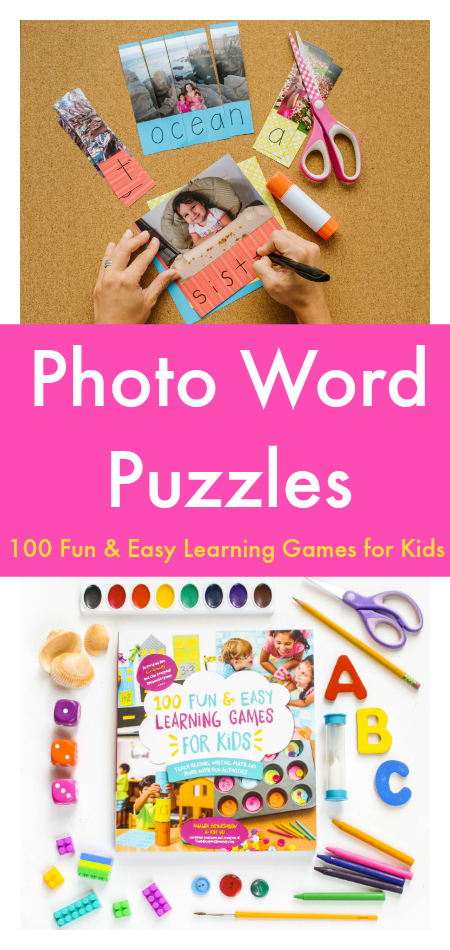
You can engage in long and sophisticated reflection on the above quotations. I drew attention to one detail: among the main goals, the compilers of this plan for the modernization of education, along with the education of tolerance, left knowledge of the economy. This is literally according to Freud: a breakthrough into the subconscious (or a breakthrough of the subconscious). After all, it is well known that the inspirers and main locomotives of the education reform are some representatives of the so-called economic science. Economists who banish mathematics and literature from schools are really only capable of thinking at the level of "using general learning theories."
“In fact, it is planned to completely destroy Russian education, bring it down below the level of a parochial school,” commented Igor Sharygin, head of the Geometry laboratory at the Moscow Center for Continuous Mathematical Education, a member of the executive committee of the International Commission on Mathematical Education.
Learn more

